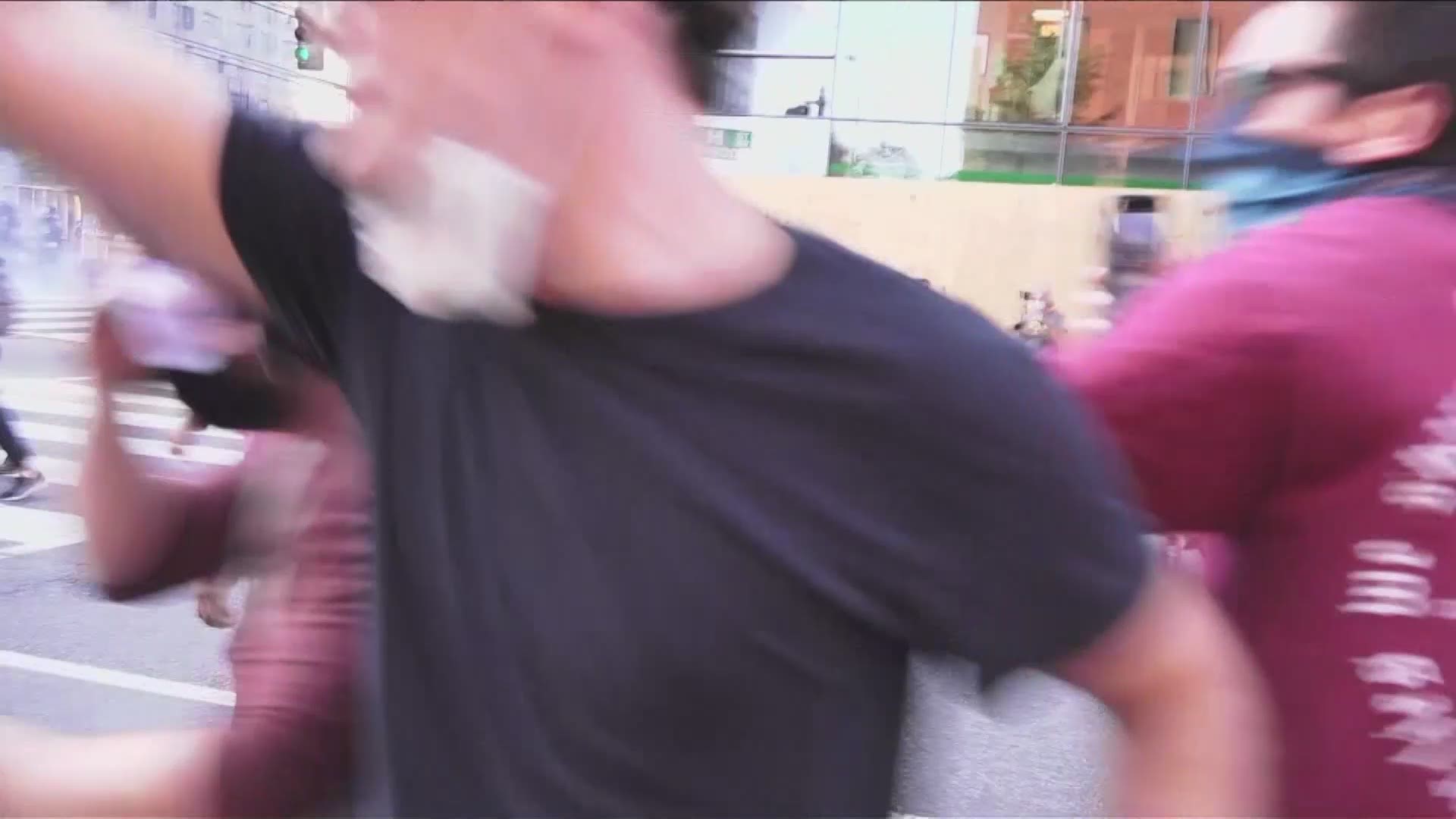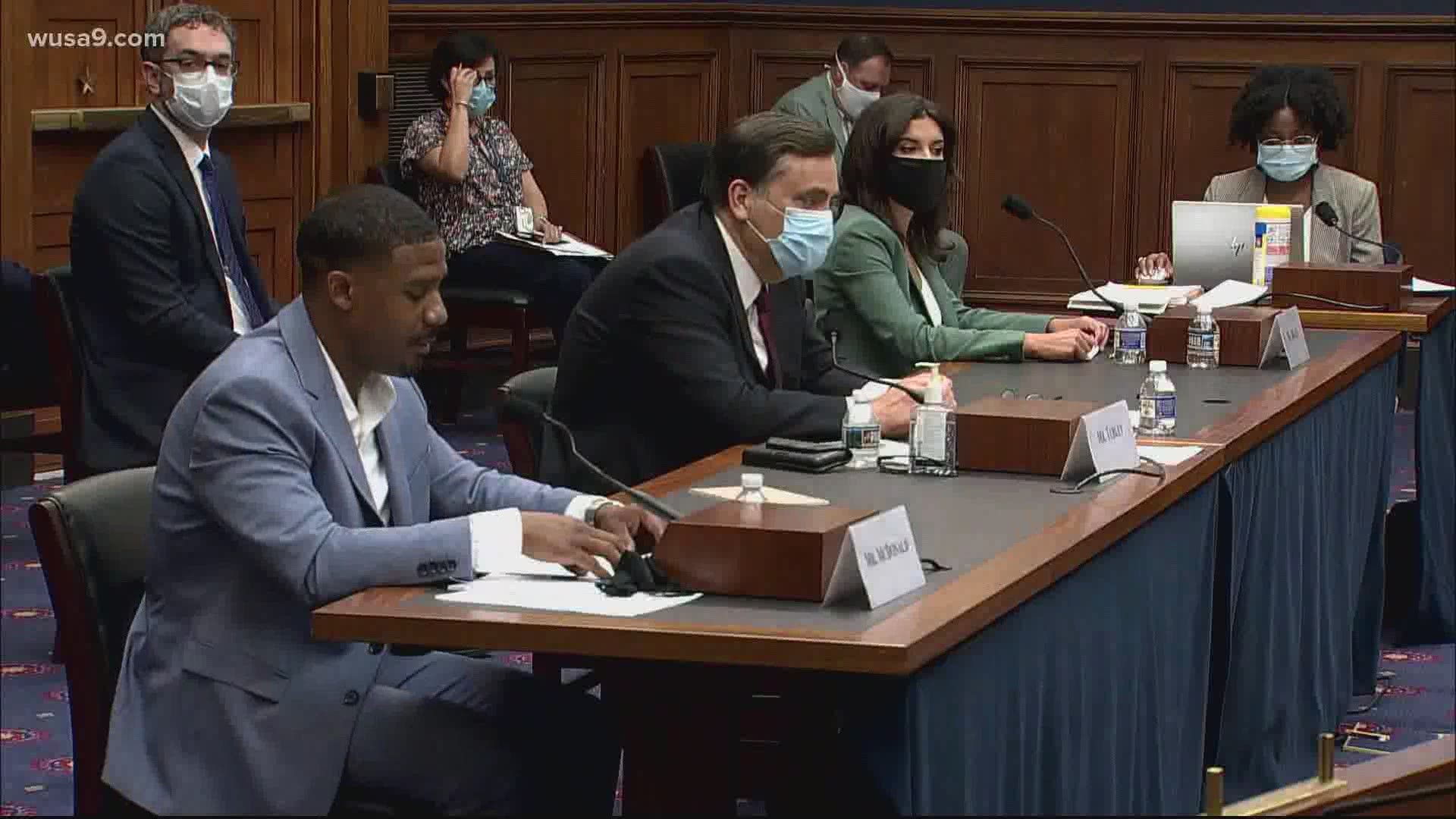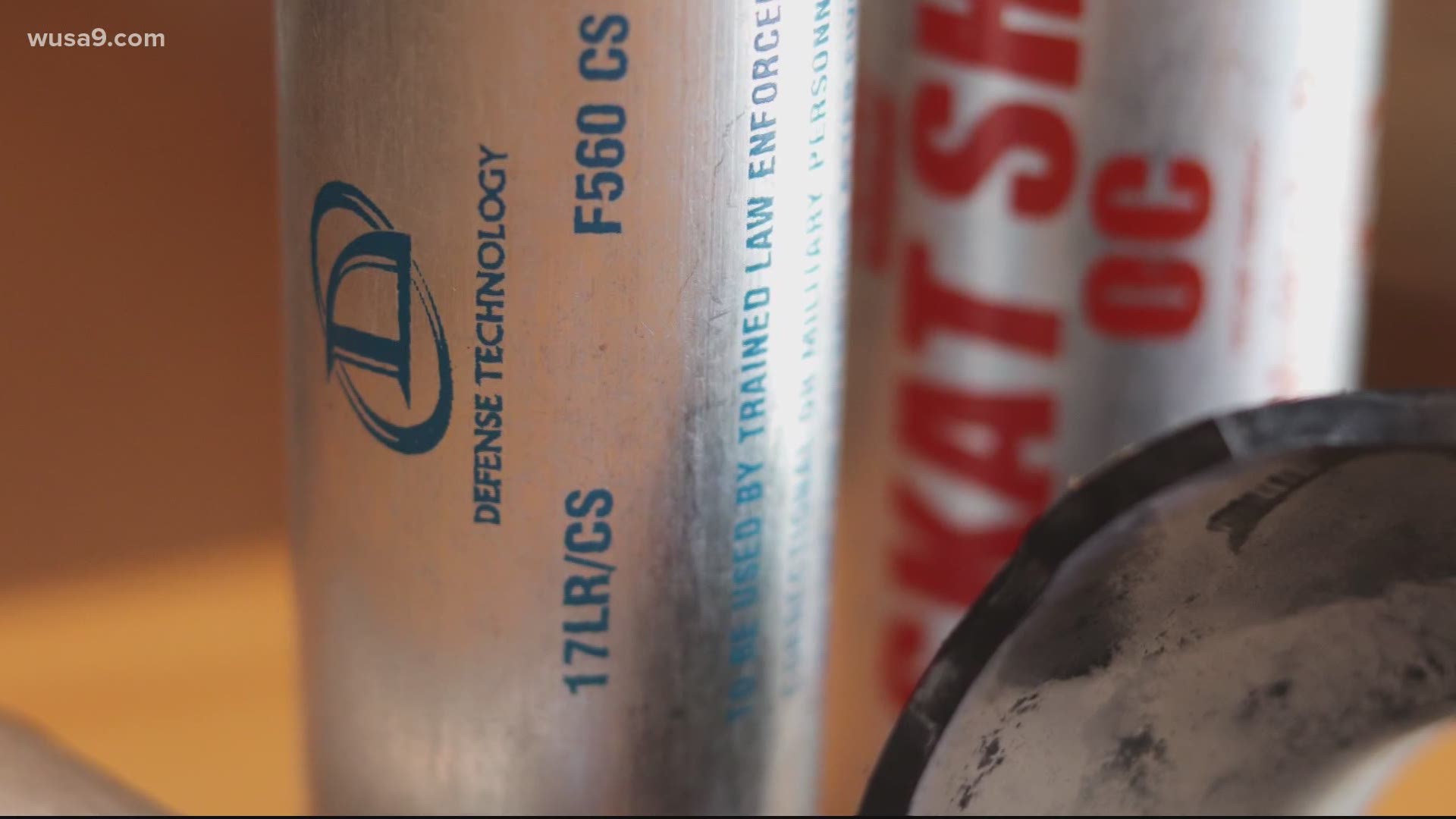WASHINGTON — A new perspective from the U.S. Park Police, the lead federal police agency during this summer's protests in Lafayette Square, could shed some light on the decision to tear gas mostly peaceful protesters on June 1.
Emails uncovered by a lawsuit filed by Public Employees for Environmental Responsibility (PEER) indicate that law enforcement officials on the ground on June 1 were unaware of who exactly was responding to the protesters, and what actions were being taken.
PEER said its lawsuit seeks additional oversight of the US Park Police leadership.
"We're dedicated to protecting the public employees who protect our environment," PEER Staff Counsel Kevin Bell said.
The email chains, cited in the lawsuit, begin with a warning from Park Police’s Intelligence and counterterrorism branch.
“The initial violent looters and protesters were believed to be organic members of the local communities," the emails read. "However, domestic violent extremists are attempting to structure the protests to target specific symbols.”
By the early morning of May 30, officer injury reports started coming in. U.S. Park Police’s Acting Chief addressed those officer injuries during his congressional committee testimony in July.
“One of those injuries was sustained by a sergeant from United States Park Police who was wearing this helmet here on the table," Gregory Monahan said to Congress on July 28. "He was struck on the head with a brick that was thrown at him by a violent protester."

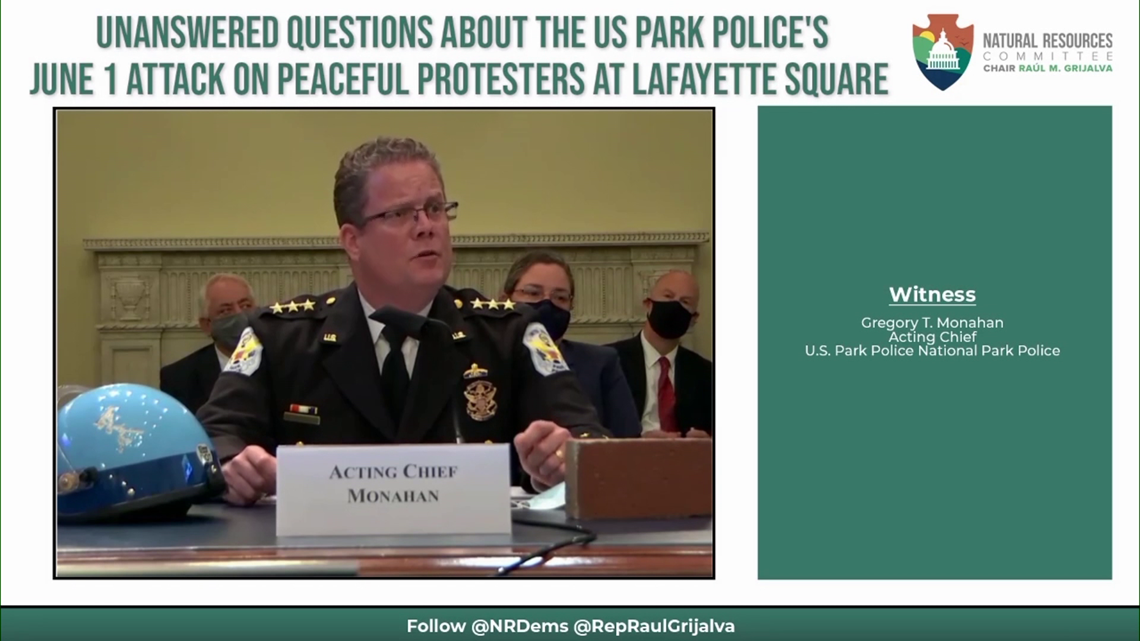
Emails written by Park Service police employees obtained through the lawsuit show their officers ran out of pepperball rounds after using them May 30 and 31. It put out a rush order to get more. It’s unclear how many rounds they started with and how many more pepperballs they received.

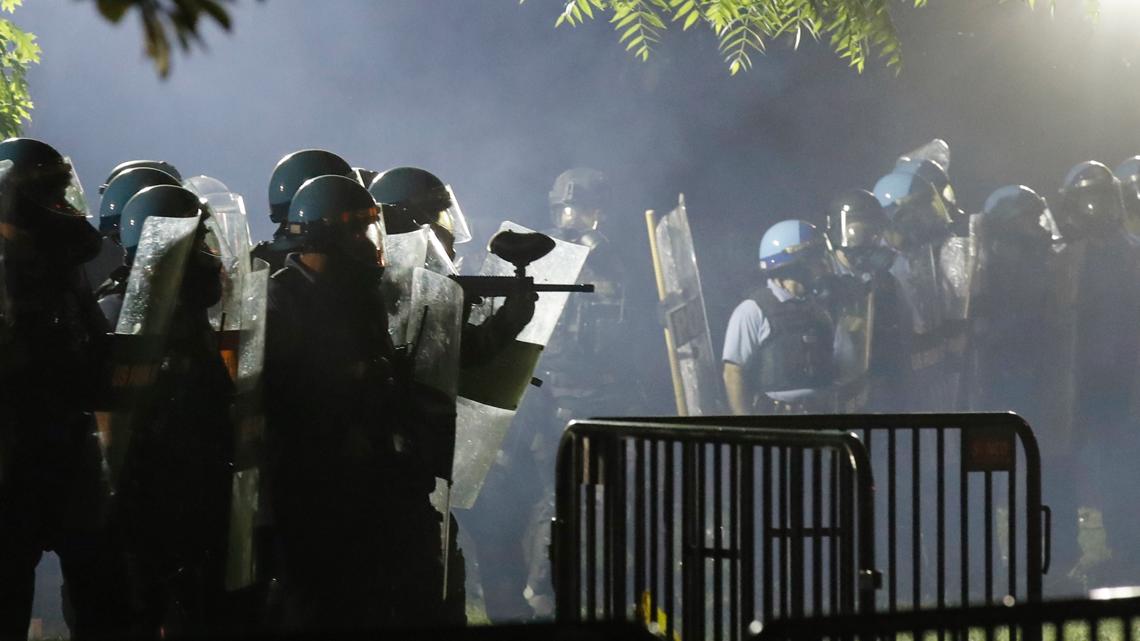
Not mentioned in the emails were Stinger Ball Grenades exploding with OC tear gas, which WUSA9 reporters witnessed being deployed and collected the canisters from the scene. Video footage from the Washington Post shows U.S. Park Police tossing those at protesters on June 1.
Internal Park Police emails also show how the agency lost track of their so-called “partner agencies” at Lafayette Park.

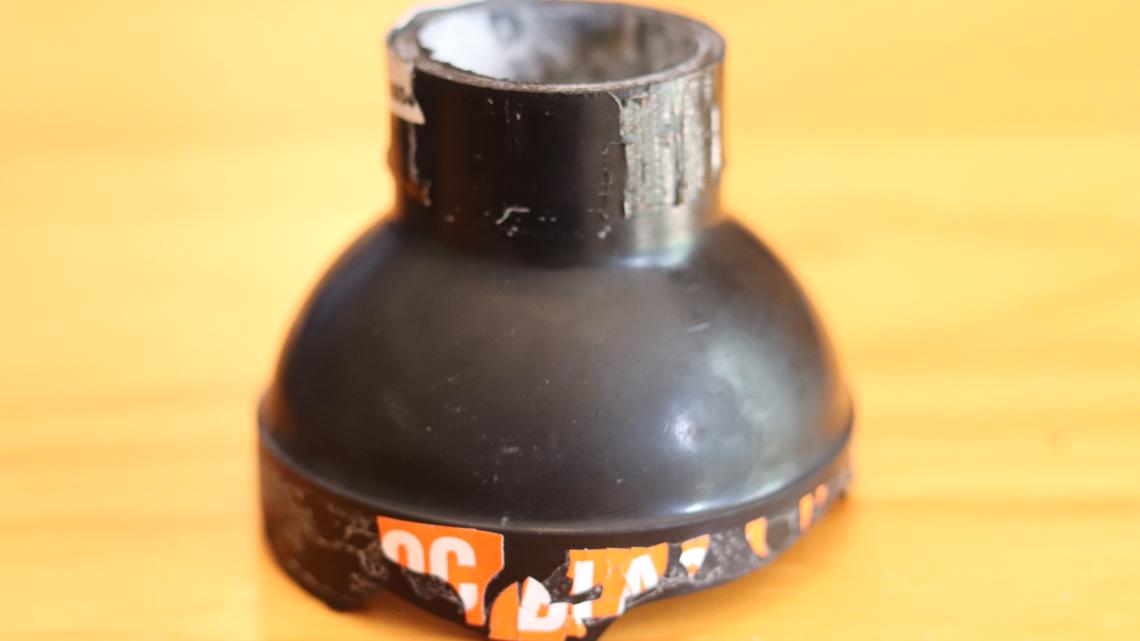
"It was almost impossible, even for the people who were involved in the response, to know how many agencies were on the ground," Bell said. "It was a pretty chaotic situation."
The commander of the Special Events Unit acknowledged in emails that he did not have "a complete list of every agency responding."
"As of now, I am aware of U.S. Park Police, National Park Service, FBI, DEA, ATF, U.S. Marshals, US Border Patrol, US Customs and the National Guard," he said in emails. "The list seems to grow.”
RELATED: New video shows federal police holding tear gas launchers, rolling stinger grenade at protesters

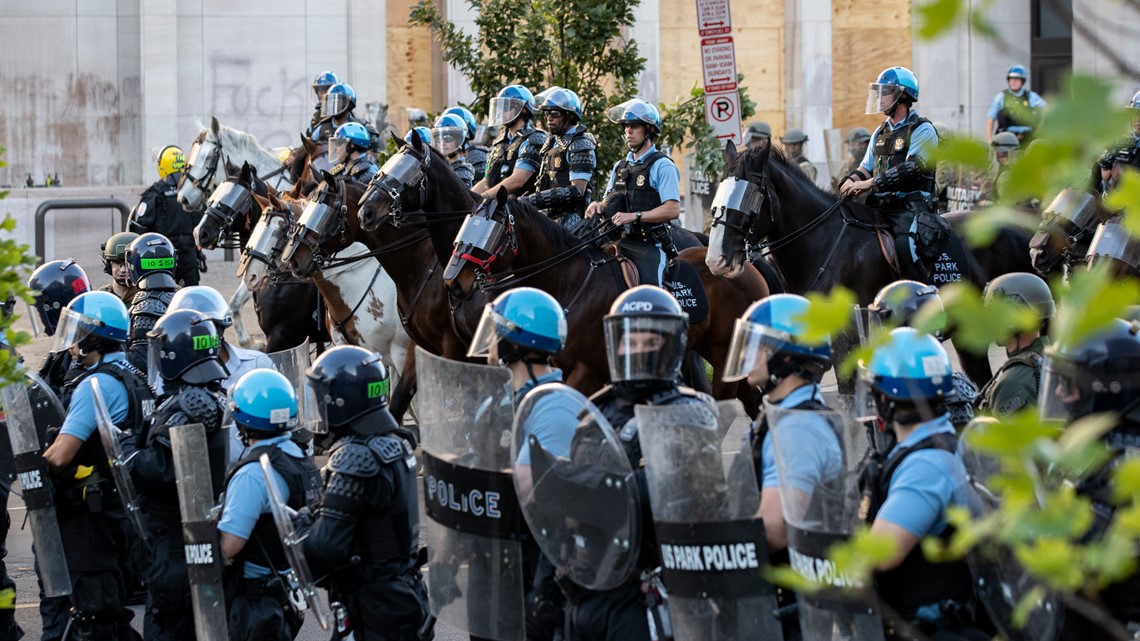
The emails also reveal U.S. Park Police found what it called “a live handgun round on the floor” near the burned-out Lafayette Park maintenance building that protesters occupied on the night of May 31. The emails don’t mention where that bullet came from.
RELATED: DC fires become a critical issue for officials as peaceful daytime protests turn violent at night
When it comes to a year like 2020, June 1 may seem so long ago, but PEER is worried that unrest involving federal police could still happen with post-election protests.
"I'm concerned that for one thing, there's no longer electoral consequences for the Trump administration for engaging with protesters in a much too heavy-handed and violent manner," Bell said.
After the lawsuit was filed, U.S. Park Police agreed to redact and release emails in chunks of 500 emails at a time. PEER expects there’s plenty more to learn, with around 4,500 pages worth of emails still to be released according to court documents.

